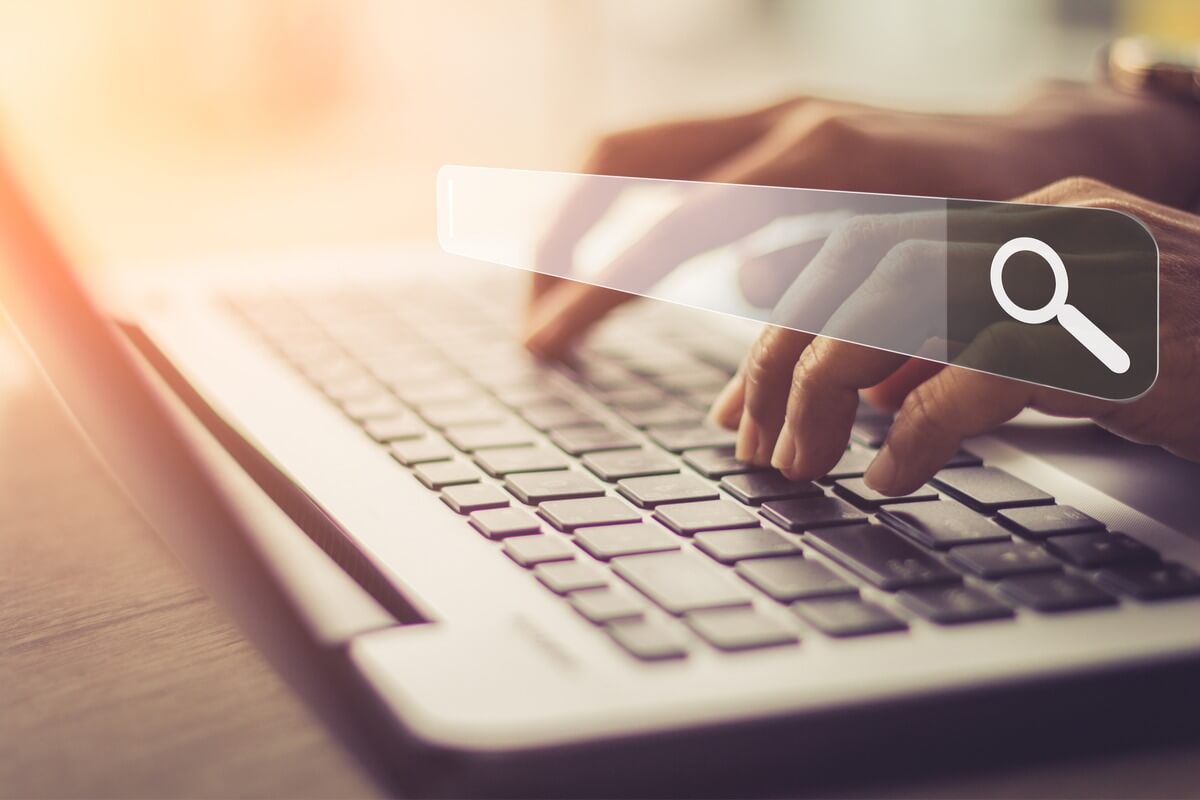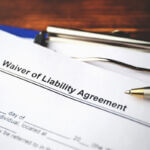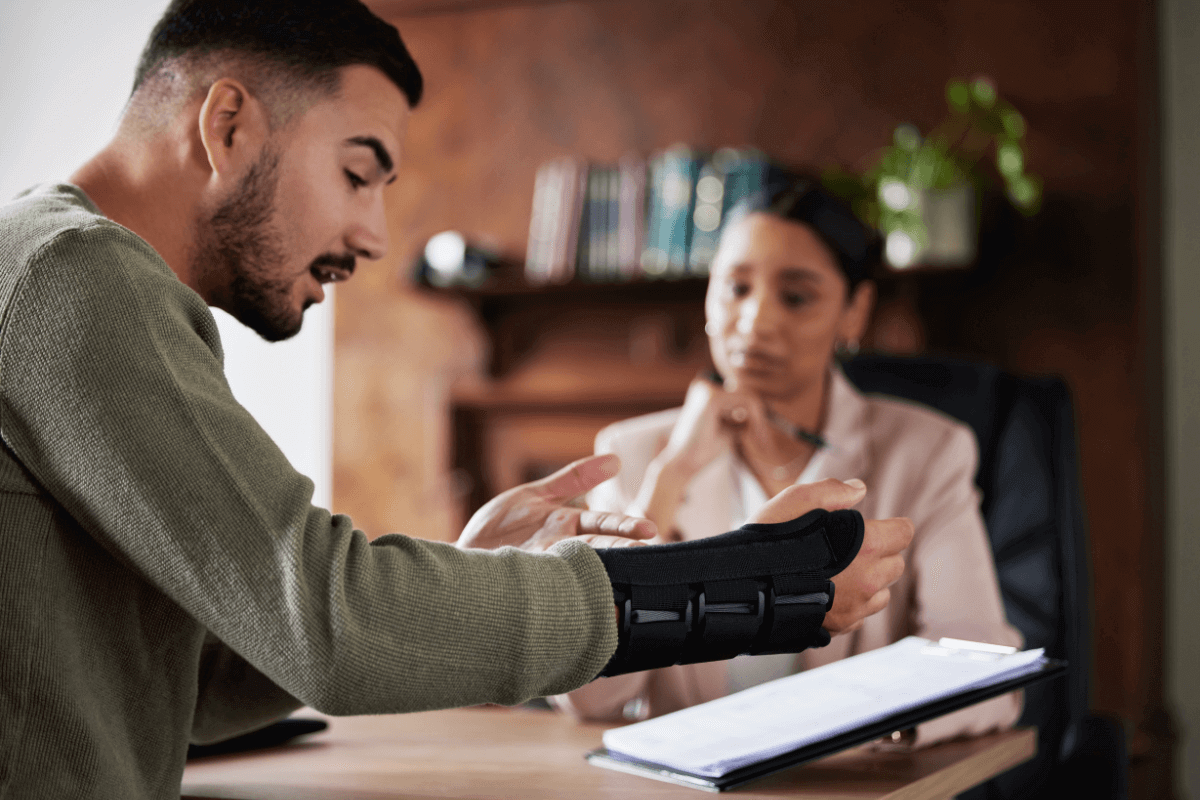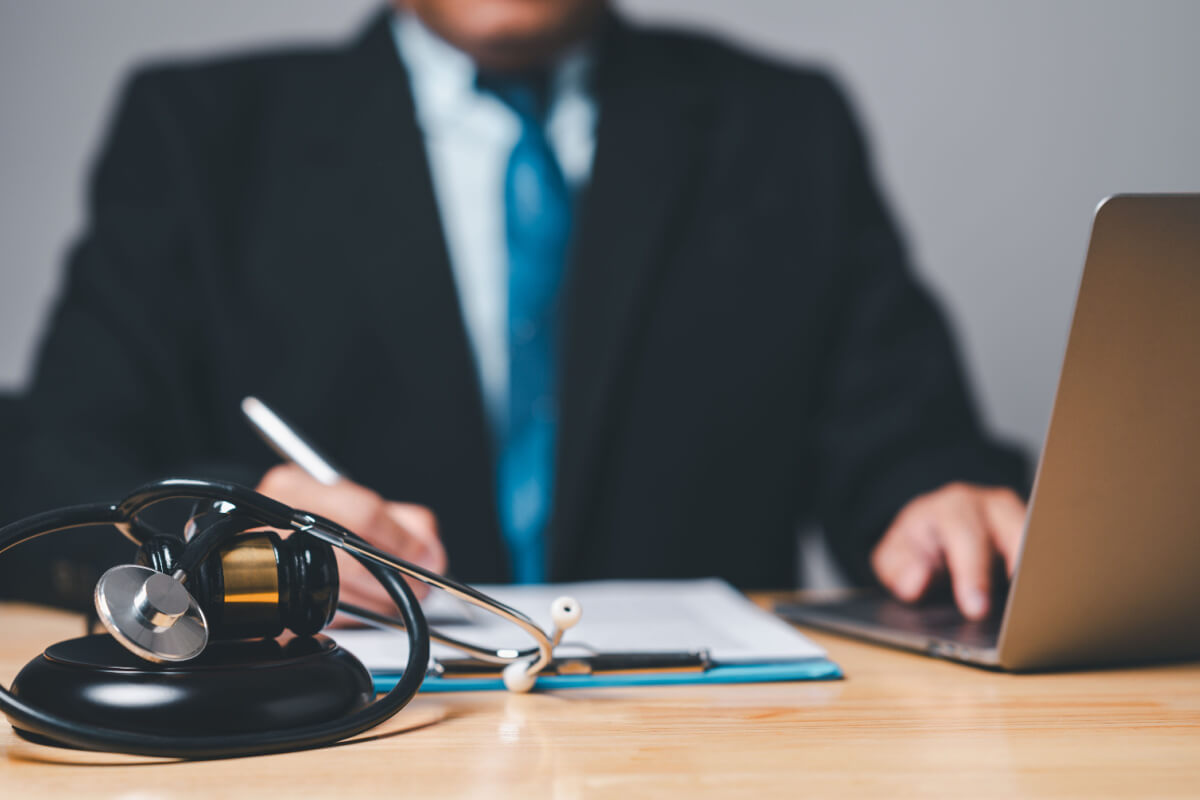
Partner at AKD Lawyers
Practice Areas: Personal Injury, Insurance Claims

Social media is where we share everything from weekend plans to health updates. But when you’re in the middle of a personal injury claim, those everyday posts can cause unexpected problems. Insurance companies and defense attorneys often search for posts that cast doubt on the seriousness of your injuries.
If you’ve been hurt in an accident in New Orleans and are seeking compensation, what you post—or what others post about you—can be used as evidence. Even if it’s taken out of context, it may impact your ability to recover damages. This guide explains how social media activity during a personal injury case can affect the outcome and what you can do to protect yourself.
How Social Media Posts Are Used Against You in a Lawsuit
It’s common for insurance companies and defense lawyers to look at a claimant’s social media. They’re looking for signs that suggest your injuries aren’t as severe as reported or that you’ve returned to a normal lifestyle too soon. Even something as small as a smile in a photo can be misunderstood.
Imagine posting, “Had a great dinner out with friends,” a week after your accident. You may have needed help getting to that dinner or were in pain the entire time, but the post alone could make it look like you’ve recovered. If your claim includes emotional distress or limited mobility, the defense may use that post to reduce your compensation.
Anything you post on social media can and will be used against you in court. is a standard warning echoed by personal injury attorneys across the country.
This is not just theory. Social media is routinely used as evidence in Louisiana injury cases, especially if it appears to conflict with medical records or testimony.
Legal Context in Louisiana: Social Media as Evidence
Under Louisiana law, any post that’s relevant to the case may be admitted as evidence. This includes photos, videos, location check-ins, and comments.
According to Louisiana Code of Evidence Articles 401–403, evidence must be relevant, and its value must outweigh any prejudice. That means even private or deleted content might be used if requested during discovery.
In Louisiana, evidence from social media platforms is admissible if it is deemed relevant and its probative value outweighs any prejudicial effect under La. Code Evid. art. 401–403.
The opposing side may request screenshots or even subpoena your account data. Once a claim is filed, your online activity is no longer just personal—it’s potentially public evidence.
Privacy settings don’t prevent opposing counsel from requesting access through discovery. Once litigation begins, deleted or hidden posts may still be legally retrievable.
Types of Posts That Can Damage Your Claim
The risk isn’t only about what you say. It’s also about what you show and how others interpret it. Posts that may seem harmless can become key evidence for the defense.
Here are some examples of content to avoid:
- Updates about your injury, treatment, or recovery
- Photos showing physical activity or travel
- Emotional posts expressing frustration or happiness
- Comments about the legal process or potential settlement
- Check-ins at public places
Even your tone matters. A cheerful caption might make it seem like you’re doing better than you are. Here’s a closer look:
Common Social Media Posts and Their Legal Risks During a Personal Injury Claim
| Post Type | Perceived Message by Insurance or Defense | Potential Risk to Case Outcome |
| “Back at the gym today” | Plaintiff is physically active | Undermines injury severity claim |
| Vacation photos | Plaintiff is mobile and enjoying life | Suggests recovery or exaggeration |
| “Out with friends at Frenchmen” | Social engagement contradicts pain claims | Weakens mental anguish or isolation |
| Medical updates | Conflicts with records or testimony | May create inconsistencies |
| Comments about lawsuit | “I hope I get a big payout” | Suggests lawsuit motivation is money |
How to Protect Your Claim: Practical Tips
There’s no legal requirement to stop using social media, but it’s strongly recommended. Here are some steps to reduce risk while your personal injury claim is active.
Make Your Accounts Private
Set all your accounts to private. While this won’t entirely prevent access through legal means, it adds a basic layer of protection.
Don’t Accept New Friend Requests
An investigator or adjuster can pose as someone you know. Avoid connecting with unfamiliar people during your case.
Stop Checking In at Locations
Sharing your location makes it easy for others to track your activity. Check-in at a restaurant or park may seem routine, but it could contradict claims of limited mobility or social withdrawal.
Speak with Friends and Family
Even if you’re careful, your loved ones might share updates and photos or tag you in posts. Have a conversation about not posting anything about your accident, health, or legal situation.
A poll conducted by the American Academy of Matrimonial Lawyers indicates that 81% of attorneys have used or encountered social media evidence in court.
What to Do Instead
If you need to update close friends or family, do so in person or through private channels. Don’t post anything about the case online, even if it seems unrelated.
If you’re unsure whether something is safe to post, ask your attorney first. It’s always better to wait than to risk weakening your claim.
Frequently Asked Questions
Can insurance companies really use my social media against me?
Yes. Insurance adjusters regularly review public social media posts to find evidence that might reduce or deny your compensation.
What if I delete my social media posts during a claim?
Deleting posts may be seen as destroying evidence. Always consult your attorney before modifying or deleting any content.
Are private messages safe during a lawsuit?
Not necessarily. Private messages can be subpoenaed and reviewed if deemed relevant to your case.
Should I deactivate my accounts completely?
It’s not required, but it may be a safe option. At the very least, avoid all activity and check your privacy settings.
Can family or friends posting about me affect my case?
Yes. Even if you stay silent, posts by others can still be brought into evidence if they mention you or show your activities.
What platforms are commonly monitored in personal injury claims?
Facebook, Instagram, Twitter/X, TikTok, and even LinkedIn. Any platform with user-generated content may be reviewed.
Conclusion: Be Mindful, Stay Protected
During a personal injury claim, your social media activity is no longer just personal—it becomes a part of your legal footprint. Posts, photos, and check-ins can all be used to challenge your credibility or suggest your injuries aren’t as severe as claimed.
The best way to protect yourself is to pause your online activity, set strict privacy controls, and stay off social media until your case is resolved. These precautions may seem small, but they can make a significant difference.
If you’re unsure about what’s safe to post or how to protect your digital presence, speak with your legal team.
Please make an appointment for a free consultation with Alvendia, Kelly & Demarest Law Firm right now to find out how they can support your future.
Categories

In 2003, after being dissatisfied with the quality of legal care for victims of car accidents, Roderick ‘Rico’ Alvendia sought to establish a new firm focused on providing high-quality legal services to aid injured victims and their families. J. Bart Kelly, sharing Rico’s passion for upholding justice, joined the firm later that year, and established a partnership.






